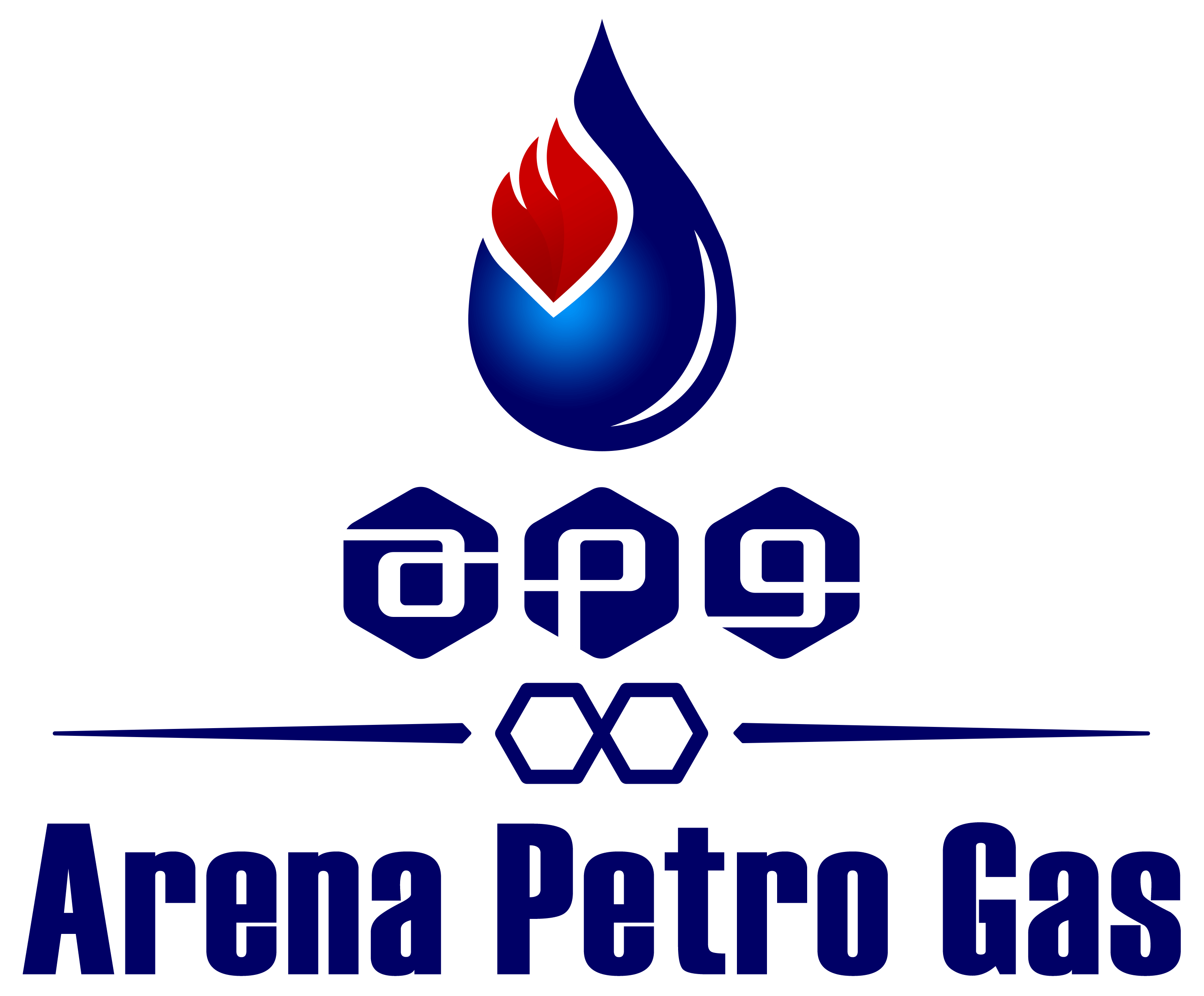Greetings Dear Readers, here you can find some information about Polystyrene Perspectives!
Polystyrene (PS) is a synthetic polymer made from the monomer styrene. It is a versatile plastic widely used in various industries due to its desirable properties such as transparency, rigidity, thermal stability, and low cost. There are several grades of polystyrene, each with its specific characteristics, and its applications are diverse.
In recent years, the perspective on Polystyrene (PS) has undergone a transformation, driven by a growing awareness of environmental concerns. While PS continues to play a crucial role in packaging, construction, and consumer goods, there is a heightened emphasis on sustainability. Innovations in biodegradable forms of PS and a shift towards circular economy initiatives are reshaping the industry landscape. Countries like China, the United States, and various European nations are not only major producers but are also adapting to these evolving perspectives. The future of PS lies in a balance between its indispensable applications and a commitment to eco-friendly practices, reflecting a broader global trend towards more environmentally conscious materials and processes.
Grades:
- General-Purpose Polystyrene (GPPS): This is the most common form and is transparent and brittle. It is often used for packaging materials, disposable cutlery, and CD cases.
- High-Impact Polystyrene (HIPS): HIPS is a modified form of GPPS with enhanced impact resistance. It is commonly used in packaging, toys, and appliances.
- Expandable Polystyrene (EPS): EPS is a foam version known for its lightweight and insulating properties. It is widely used in packaging, construction, and the production of disposable foam products.
- Extruded Polystyrene (XPS): XPS is a closed-cell foam with high compressive strength. It is often used in insulation materials for construction.
Applications and Usage:
- Packaging: extensively used in packaging materials like foam trays, clamshell containers, and disposable cups.
- Consumer Goods: used in the production of a wide range of consumer goods, including toys, appliances, and kitchenware.
- Construction: EPS and XPS are commonly used as insulation materials in the construction industry.
- Electronics: PS is used in the production of casings for electronic devices and appliances.
- Medical Industry: PS is used in the production of Petri dishes, test tubes, and disposable medical devices.
Industries Using Polystyrene:
- Packaging Industry: PS is a key material in the packaging industry for food and consumer goods.
- Construction Industry: EPS and XPS are widely used in the construction industry for insulation purposes.
- Consumer Goods Industry: PS is used in the production of a variety of consumer goods.
Countries Producing and Using PS:
- China: China is a major producer and consumer of polystyrene.
- United States: The U.S. is a significant producer and consumer of PS, especially in the packaging industry.
- Europe: Several European countries have a notable presence in the production and use of PS.
Iran is one of polystyrene producers with different complexes producing PS including Tabriz PC, Takht-e- Jamshid PC, some other private manufacturers.
Future Trends and Forecasts:
- Sustainability: There is an increasing focus on developing sustainable and environmentally friendly alternatives to traditional polystyrene.
- Biodegradable Polystyrene: Research and development efforts are underway to create biodegradable forms of polystyrene to address environmental concerns.
- Circular Economy Initiatives: Recycling and reusing polystyrene are becoming more critical, and there is a push towards creating a circular economy for this material.
- Innovations in Applications: Ongoing research is likely to lead to new applications for polystyrene in various industries.





